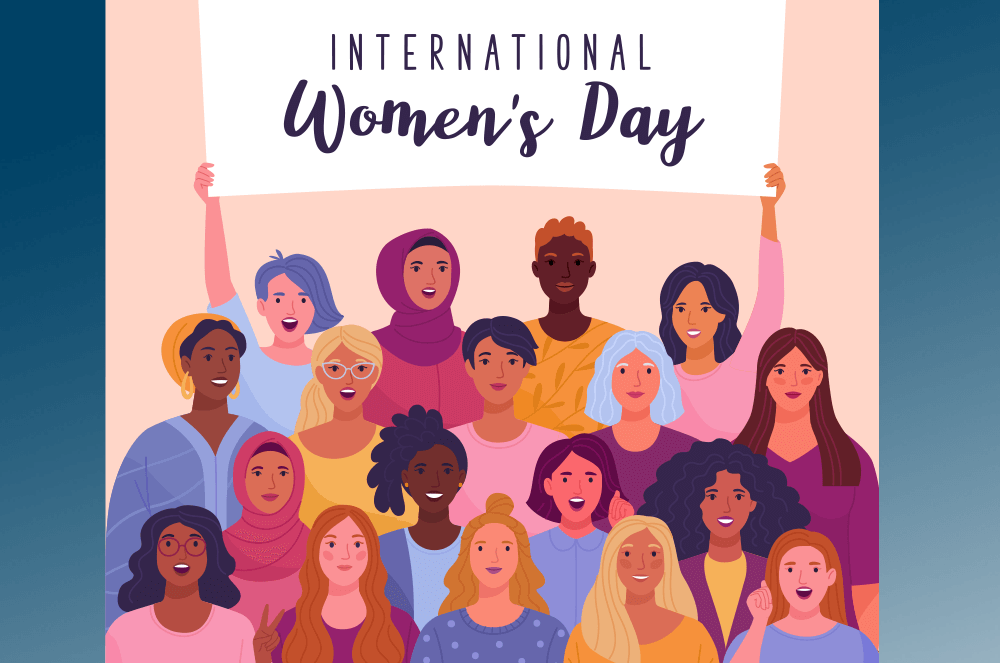
Last month we celebrated UNESCO’s International Day of Women and Girls in Science, a day to advocate for education and career opportunities for women as global scientists, technology innovators, and inventors. In honor of International Women’s Day on March 8, we continue to pay tribute to women scientists who are also Toastmasters.
Here are their stories in this second installment of a two-part series.
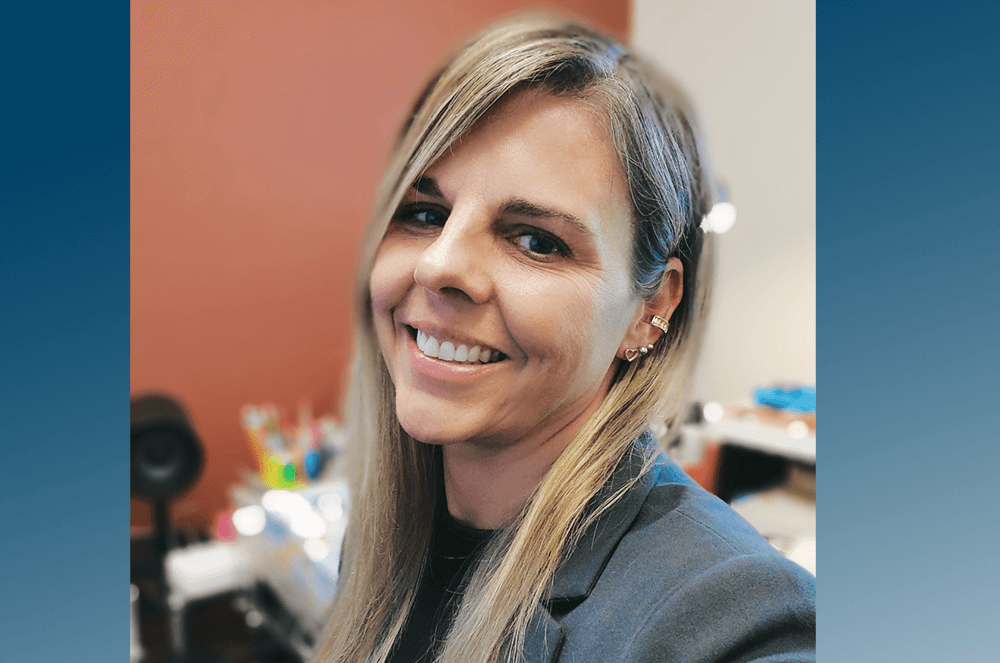
Victoria Livingston
Toastmasters helped Livingston combine her two degrees—in mechanical engineering and writing—into a fulfilling career.
However, when she first transitioned from product design into her current position as senior technical sales engineer, she knew she needed more people skills. The company president advised her, “Join Toastmasters. I belonged when I was younger, and it changed my life in so many ways.”
In 2018, Livingston joined South Hills Toastmasters in Pittsburgh, Pennsylvania. “I didn’t realize how Toastmasters would help me overcome my fear of public speaking,” she says. “I spent thousands on hypnosis (true story) and took Motrin before any speaking engagement. Toastmasters changed my life too. My customers are now at ease when I present, and some tell me they even look forward to it.”
Toastmasters, among many benefits, teaches how to speak to your audience, Livingston says. “I present to technical and engineering audiences, as well as purchasing groups. If I can’t get a less-technical audience to understand, I will never be successful in my position.”
The ability to communicate is especially important when speaking to policymakers and politicians, she added. “There aren’t enough words to describe the importance of doing this. Public policies will change the future and if politicians don’t understand how things work or the true consequences of their policies, so many lives will be affected negatively if the wrong decisions are made.”
Livingston no longer needs Motrin, at least not when speaking. “Toastmasters taught me to carry myself with dignity and pride. I used to go to the podium meek and afraid. Now I go with confidence and I know my audience is more likely to believe me because of it!”
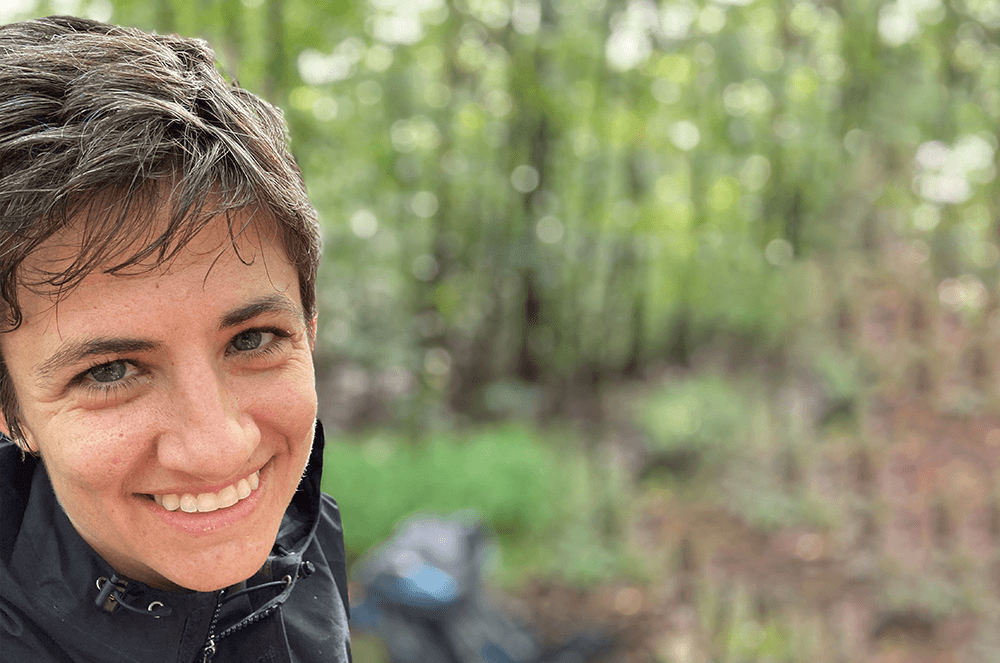
Laurel Lorenz
Lorenz joined Greater New Haven Toastmasters in 2016 as a postdoctoral researcher at the Yale University Stem Cell Center. She was on a mission. “I realized how I could directly contribute to training the next generation of scientists.”
Future scientists need intellect, confident voices, and management skills. “That is how we can diversify leadership in the STEM professions,” Lorenz says.
She knew the science but didn’t feel comfortable speaking in the classroom. Her first Toastmasters club challenge was participating in Table Topics® at her first meeting. “My heart was pounding—I was shocked by how petrified I felt. Why did I think I could do this? However, people laughed at my humorous response. It felt amazing to take a risk and succeed.”
She quickly improved at speaking. “The more I gave club speeches, the more I talked about my career goals. The more I talked about those, the more I networked outside Toastmasters to make my visions real,” she notes.
In 2017, she joined Immersion Science, a citizen science program in Philadelphia. She participated in a variety of public speaking roles and organized an event for hundreds of high school students to present their research at the Franklin Institute science museum in the city.
Lorenz was completely at ease with audiences when she became a lecturer in Princeton’s Molecular Biology Department. She designed an undergraduate research course where students dissect ovaries from mutant fruit flies, study stem cells, test hypotheses, and share findings, complete with peer review.
She and a former Toastmaster, Helio Ha, have developed a leadership app for the classroom. Each day, students take on a different role and then receive feedback from the class. It’s an educational blueprint adapted from Toastmasters, which emphasizes peer evaluation.
“Toastmasters helped me transform the classroom so that students learn both content and leadership. That’s important because not all students think of themselves as leaders, especially if they don’t fit the born-leader model,” Lorenz explains.
Lorenz is President of Philly Phonetics Toastmasters and Vice President Membership of Panorama Toastmasters, both in Philadelphia.
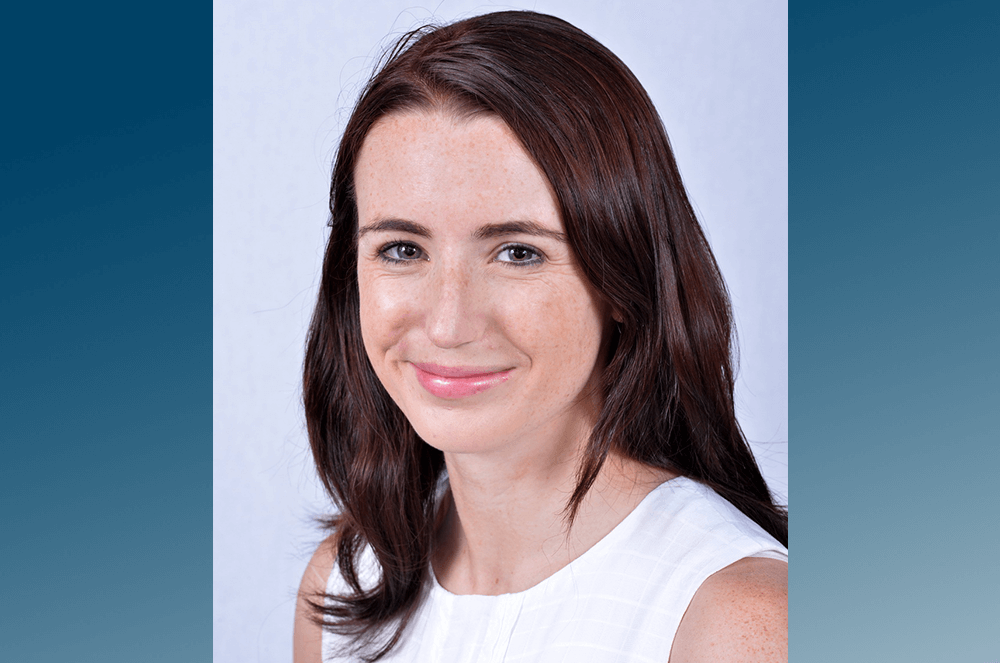
Rosie Marriott
Marriott employs her master’s degree in chemistry in the research and development division of a large food company in Leicester, England.
She is a member of Leicester Leaders Speakers’ Club and credits her Toastmasters training for teaching her skills that are directly transferable to her professional position.
“For example, I was moderator for my company’s biennial research forum, which involved managing time and facilitating a Q&A session after each speech. My Toastmasters evaluation and timekeeping skills were invaluable,” she says.
Like her fellow Toastmaster scientists, Marriott is dedicated to translating the intricacies of science and technology into plain language, bringing interest, and demystifying the topic for diverse audiences. “Toastmasters has allowed me to practice presenting technical subjects to a non-technical audience, making sure my message is understood and free of jargon,” she explains.
Such interactions are bound to create some new science fans, which is why Marriott is also active in promoting STEM careers in local schools. Because of Toastmasters, her popular presentations on chemistry careers are “fun, well-structured, and delivered flawlessly,” she says modestly, with a bit of tongue-in-cheek humor and the flair of an engaging speaker.
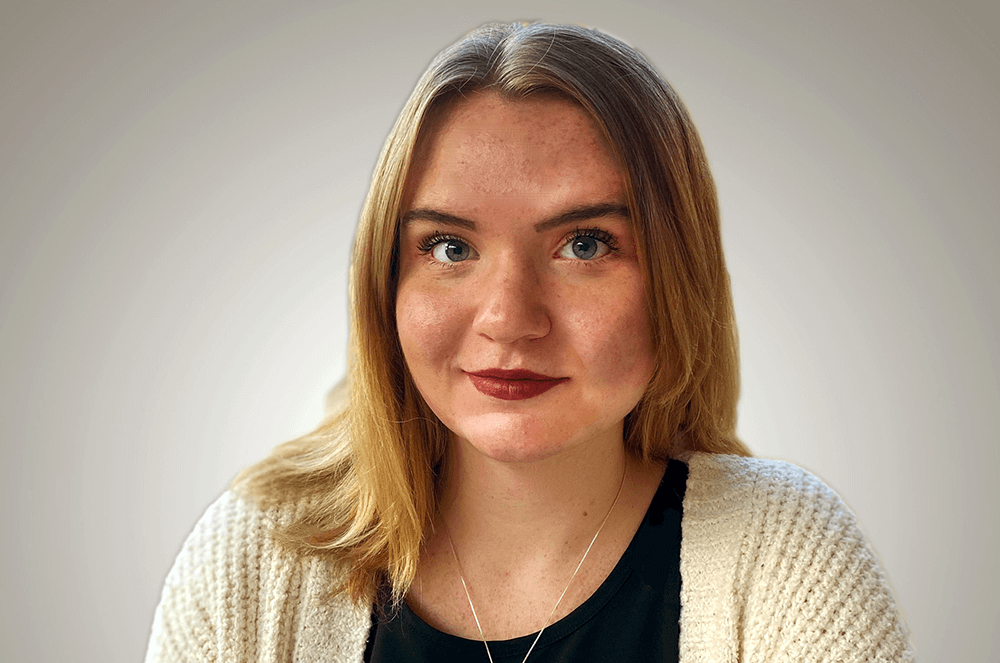
Rebecca May
May joined Powerhouse Toastmasters Club in Grand Forks, North Dakota, in 2019. She had a passion for speaking and another for science. She is now majoring in geology and environmental studies at the University of North Dakota and works as a research assistant in the Energy Research Center, a nonprofit division of the university.
May creates large data sets of oil, natural gas, coal, wind, solar, and hydroelectric energy to help create a sustainability plan for the state. Her inquiry spans several disciplines, including energy and environmental sciences, engineering, and economics. Part of her work includes hosting workshops on global climate change solutions.
May’s studies are helping train her to actively promote science literacy. “I have a class specifically designed to teach effective communication skills,” she says. “My final project was a 10-minute presentation on findings about an Antarctic ice core that was more than 3 million years old. I had to make it understandable to a public audience.”
The Pathways education program in particular has expanded her capabilities to network, interview for jobs, and ratchet up her confidence. “I now know how to relax, feel confident, talk slower, and make sure the audience is listening, rather than speeding through everything,” she says. These skills have enormous implications to her professional work, May adds.
“Communication is incredibly important for scientists because our brains can interpret things is many different ways,” she notes. “Every individual learns differently because the new information they pick up is encoded based on a relation to their past. If there are 7 billion people on the planet, all with different experiences and pasts—that leaves a lot of room for interpretation,” she explains.
Setting the education angle aside, May has found many other benefits in Toastmasters. “I have gained a very supportive group of people through my club,” she says. “The network is incredible. I feel like I have a second family because my club is so supportive and encouraging.”
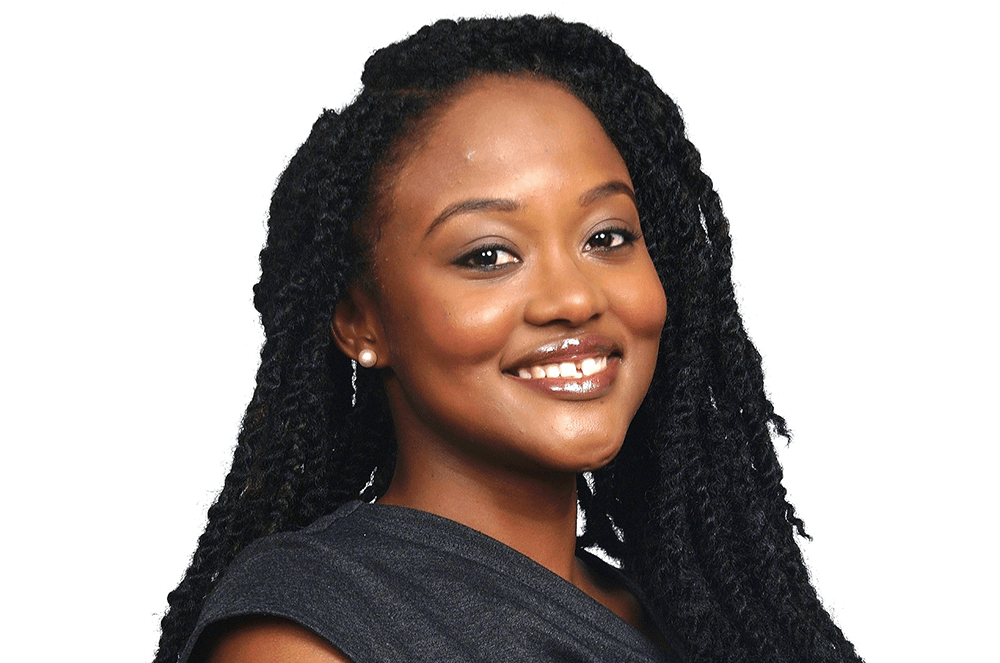
Arlyne Simon
Simon is a platform architect in the health and life science group at the global computer technology giant, Intel. Her job is architecting next-generation medical imaging systems.
She is also a crusader for women in science. She is an ambassador for the American Association for the Advancement of Science IF/THEN® program, an initiative laser-focused on reducing the gender gap in STEM by normalizing the idea that women can be scientists, inventors, and innovators.
In additional STEM education outreach, Simon is the CEO and founder of Timouns (which means “child” in French Creole), a company that creates multicultural education products for budding scientists. She is the author of the company’s Abby Invents picture book series, to “inspire kid inventors everywhere.” Simon’s own work has led to two patents and recognition as a “trailblazing inventor” by the U.S. Patent and Trademark Office.
She is a member of the Speakeasy Toastmasters, an Intel corporate club in Hillsboro, Oregon. Since she is a frequent speaker to K-12, undergraduate, graduate, and early career professionals, Toastmasters has been a significant asset to her communications outreach, Simon says.
“Some of the most important things I’ve learned are the tips and tricks to reduce filler words in my talks, and how to craft an engaging presentation to my target audiences.”
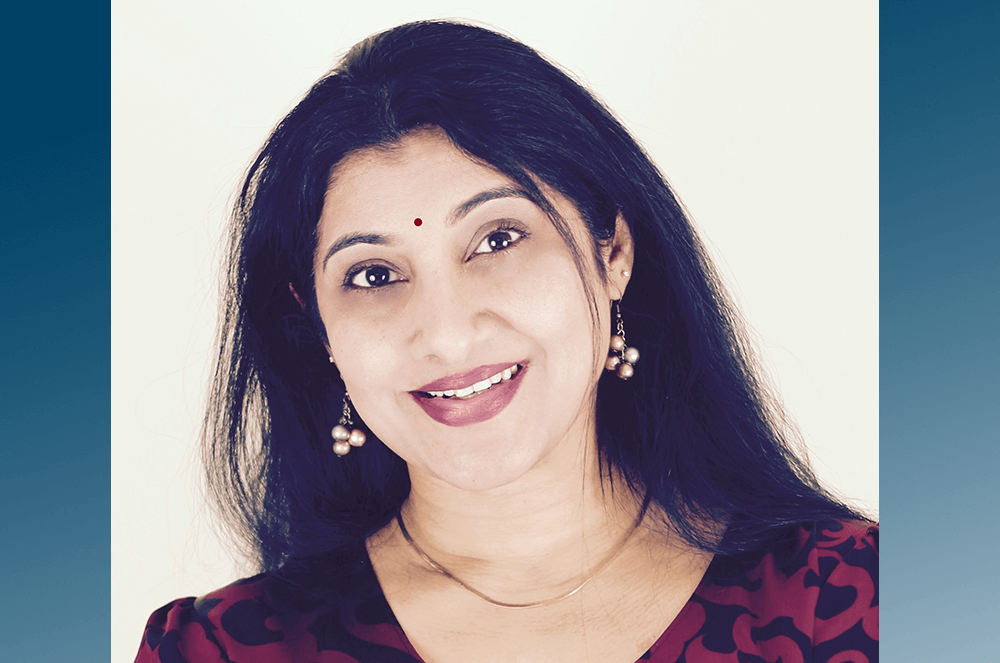
Sravanthi Vallampati, DTM
Vallampati cites two Toastmasters-taught skills as “game-changing competencies” in her daily work as an IT manager for Progressive Insurance/Progressive Corporation in Mayfield, Ohio.
Active listening and the ability to give/seek constructive feedback from others “are tools that I rely on every minute of my day,” she says.
“I can’t underscore the importance of clear, concise, and value-driven articulation enough,” she adds. “When we don’t stay on point or think through and substantiate our premise with verifiable facts and open-minded optimism, we not only miss an opportunity but run the risk of misleading our audience. That becomes especially critical when that audience includes decision and policy makers, and other influencers.”
When she joined Toastmasters, Vallampati was not afraid of public speaking. However, she hadn’t considered a few traits that mark effective speakers. “Little did I know there was more to effective communication than spewing out what I knew,” she says. “It was not about me, but about the audience and what they needed from me. I learned it’s my responsibility to speak with authority and studied ease. I realized it was far more important to articulate my thoughts and express myself clearly than labor to impress my audience.”
As a member of two corporate clubs, Progressive Messengers and Progressive Insurance Advanced Toastmasters, both in Mayfield, Ohio, and five other clubs, Vallampati has found a professional family, personal friends, and perpetual fun through Toastmasters.
The multidimensional learning from Toastmasters transcends the boundaries of subject matter, she notes. “What makes the Toastmasters pursuit so powerful is our universal need to continually stay aware, adapt and evolve. I can’t think of a more delightful way to enjoy myself!”
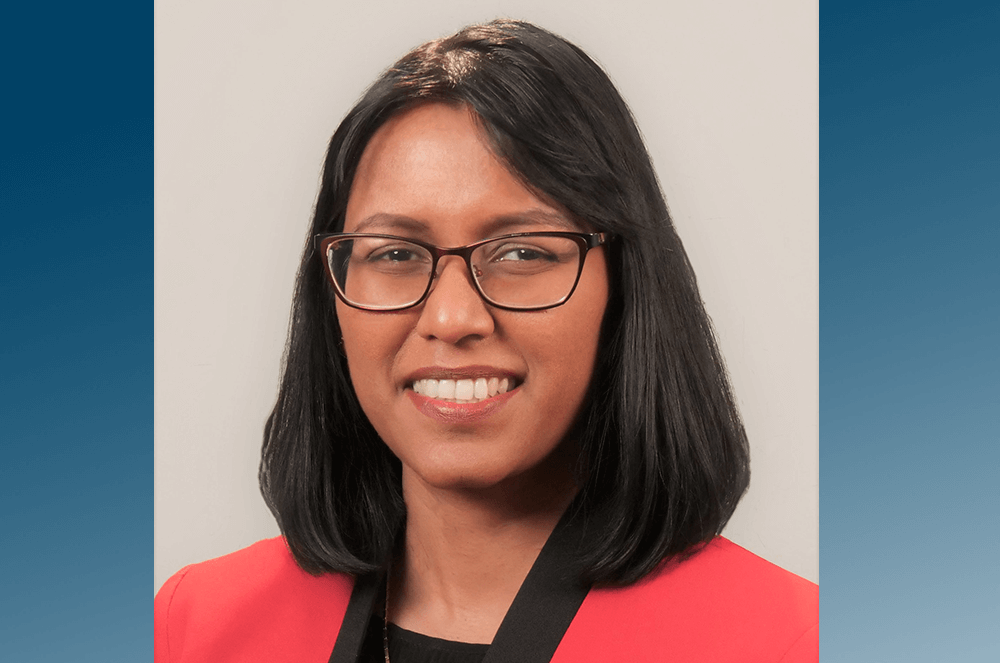
Dr. Nadeeja N. Wijayatunga
Wijayatunga joined Lyceum Toastmasters Club Nugegoda in 2012 when she was a medical doctor and member in the biochemistry department at the Faculty of Medical Sciences, at the University of Sri Jayewardenepura in Sri Lanka.
“I am an introvert; public speaking was not my favorite activity. So, it made sense to try out Toastmasters—and I loved it,” she says.
When she came to the United States in 2013 to pursue a Ph.D. in nutritional sciences at Texas Tech University (TTU), she immediately joined the Articulate Club near the TTU campus in Lubbock. “I wanted to continue to improve speaking and leadership skills. I also loved club meetings because they were stress-reducers for me, and gave me sense of motivation and community,” she says. She went on to hold club officer positions and placed first and second in her Area’s International Speech Contest in 2015 and 2016.
Wijayatunga is currently an assistant professor of nutrition in the department of nutrition and hospitality management at the University of Mississippi in Oxford.
Like many Toastmasters, Wijayatunga discovered her new-found communication skills were a noticeable asset in both her education and professional career.
“Toastmasters has helped me in my professional life, in scientific communications, in teaching and mentoring, and in my personal life,” she says. “It also gave me the confidence to take leadership positions in professional organizations, such as American Society of Nutrition. Toastmasters will help you to become a better you!” she emphasizes.
Stephanie Darling is a former senior editor of and frequent contributor to the Toastmaster magazine.
Related Articles
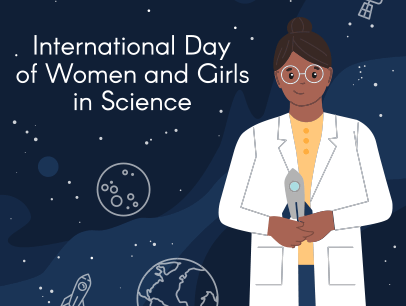
Communication
Yes, It’s Rocket Science—And Biology, Math, and More
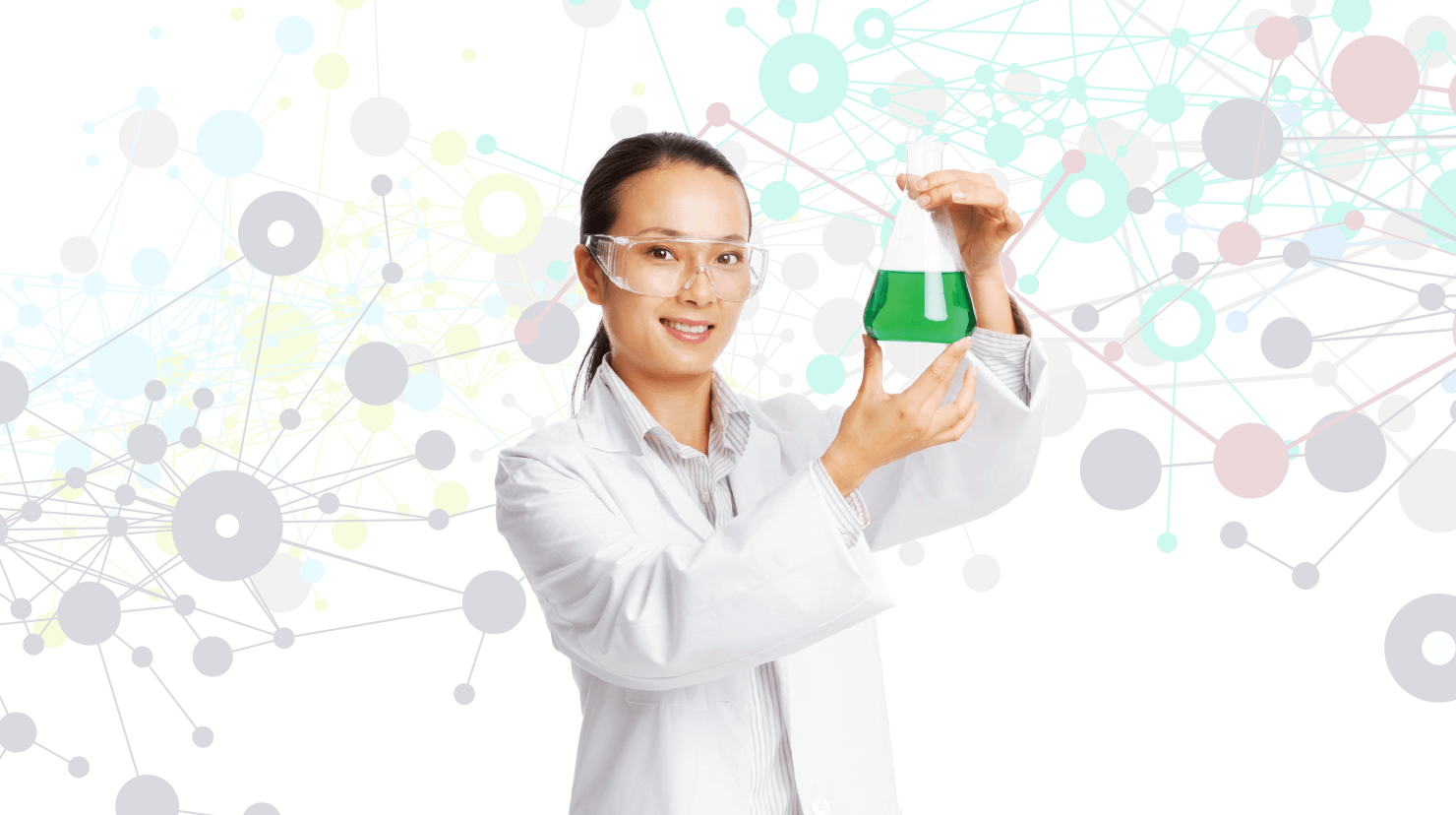
Communication
The Importance of Being Scientifically Literate
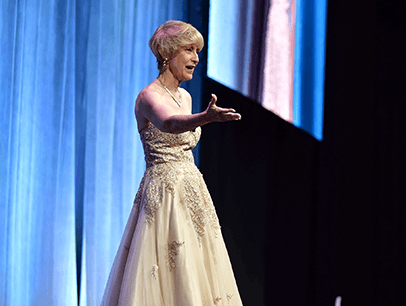
Presentation Skills
Celebrating International Women’s Day
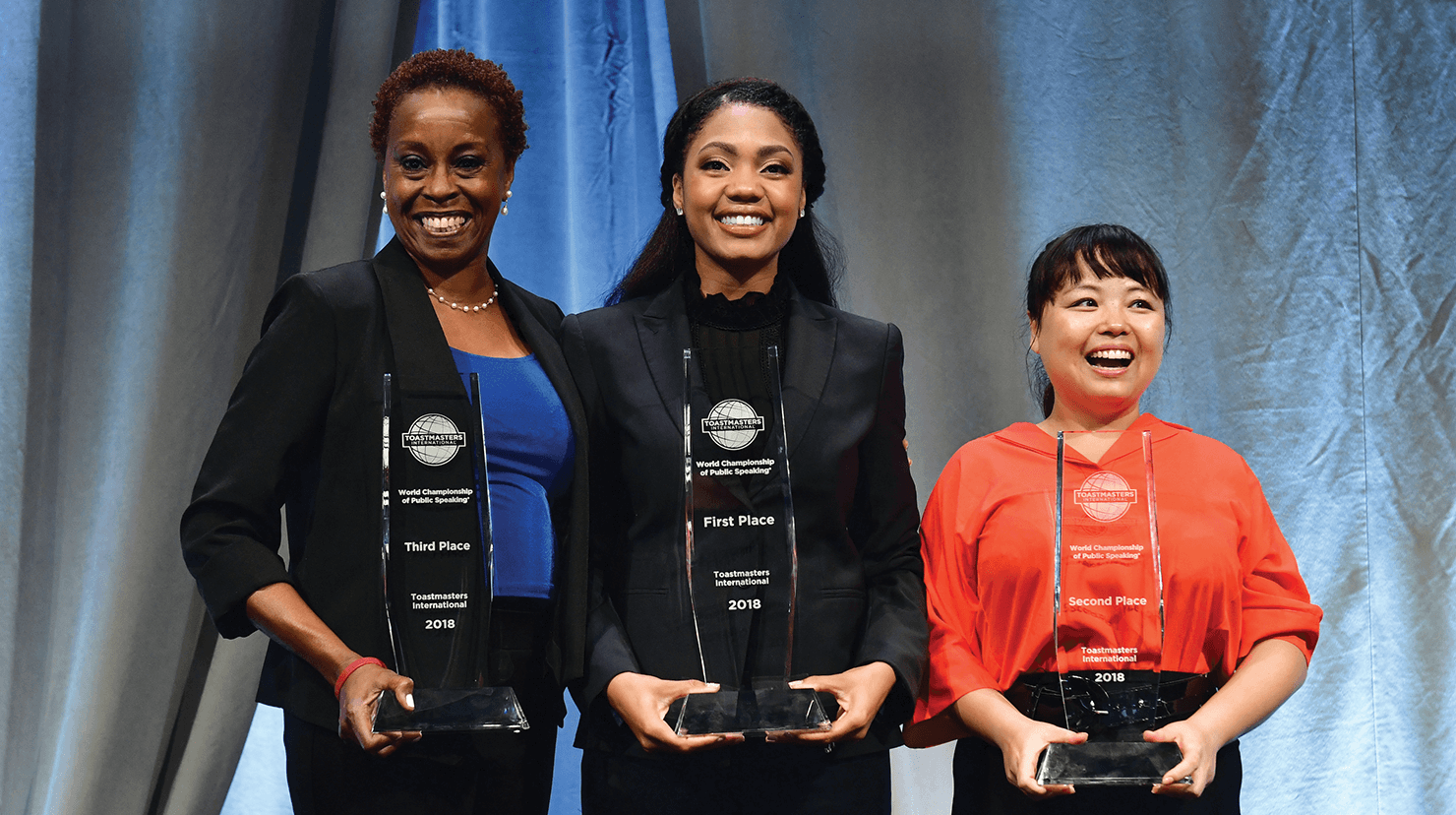
Toastmasters News
2018 World Championship of Public Speaking
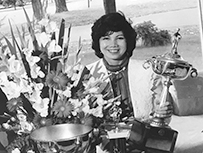
Profile



 Previous
Previous
 Previous Article
Previous Article